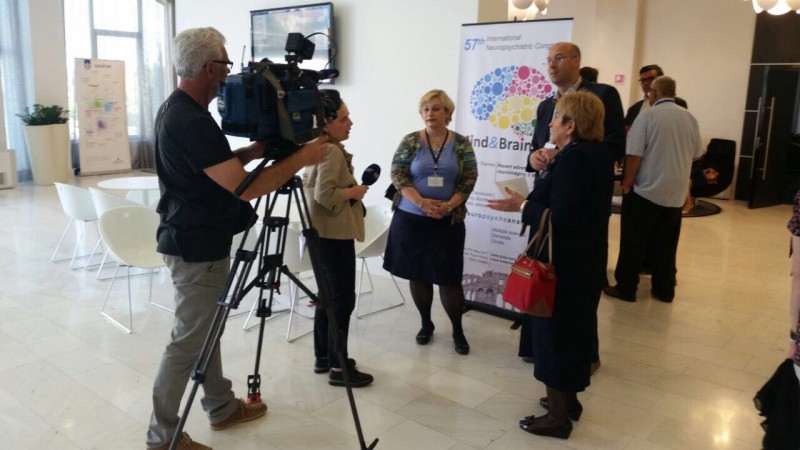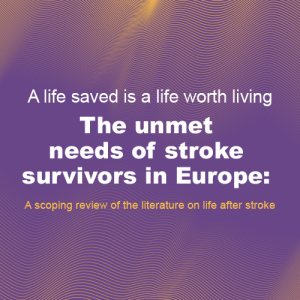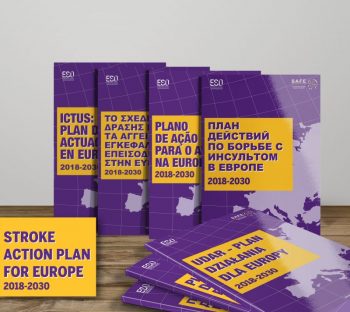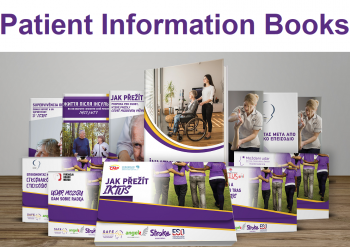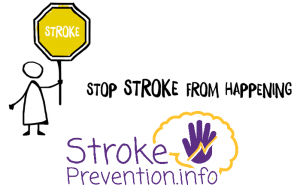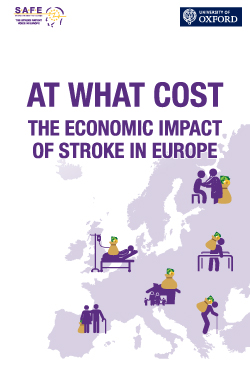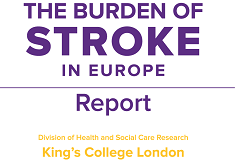25th May 2017- Two of the SAFE Board members, prof. dr Anita Arsovska from Macedonia and dr Ivan Milojevic from Serbia had a successful session at 57th International Neuropsychiatric Congress in Pula, Croatia, presenting SAFE’s work and the latest project- the Burden of Stroke Report.
Talking about promoting prevention, treatment and rehabilitation of stroke, Milojevic stressed out that stroke treatment and care is unfortunately not a priority in many of SAFE member countries. Provision of care is different within Europe as a whole, but also within member countries.
-Our task is to put the experiences of people who have had a stroke and their families at the centre of all our discussions, campaigning and lobbying, acting as an advocate at a European, and local level.
According to dr Milojevic, many of SAFE member organisations operate good schemes to support stroke survivors and their families after discharge from medical and rehabilitation services. Nevertheless, SAFE wants to increase the number of groups across Europe and help members to share the good practice, experiences and learning, which would help strengthen the voice of stroke patients across Europe.
Advising on how to start a stroke support organisation, Milojevic said:
– If you are new and small, you can put your eyes on work of the other organizations. Compare their work with your possibilities and what you can do in your country. Adjust and adapt their work to your needs and abilities. Do not copy. They have adjusted their actions and adapted to their needs and abilities too. Dress according to the weather.
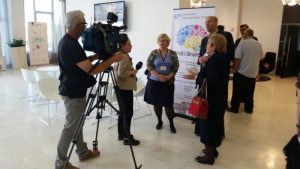
The Burden of Stroke presented at MIND & BRAIN – 57th International Neuropsychiatric Congress, Pula Croatia
Prof. dr Arsovska presented the Burden of Stroke Report main findings and recommendations, with special accent to a neccessity of having unified data about stroke and stroke outcomes in the form of a Europe-wide stroke registry, which should include ways of assessing the quality of care along the whole stroke pathway.
Talking for the Croatian National TV HRT1, she gave examples from her country of origin, but also from other Balkan countries where the lack of stroke registry is currently affecting all aspects of stroke care, due to inability to asses the actual state of care and predict immediate needs in order to improve conditions for stroke survivors and their families.
Find out more information on the Burden of stroke Report at www.strokeeurope.eu

